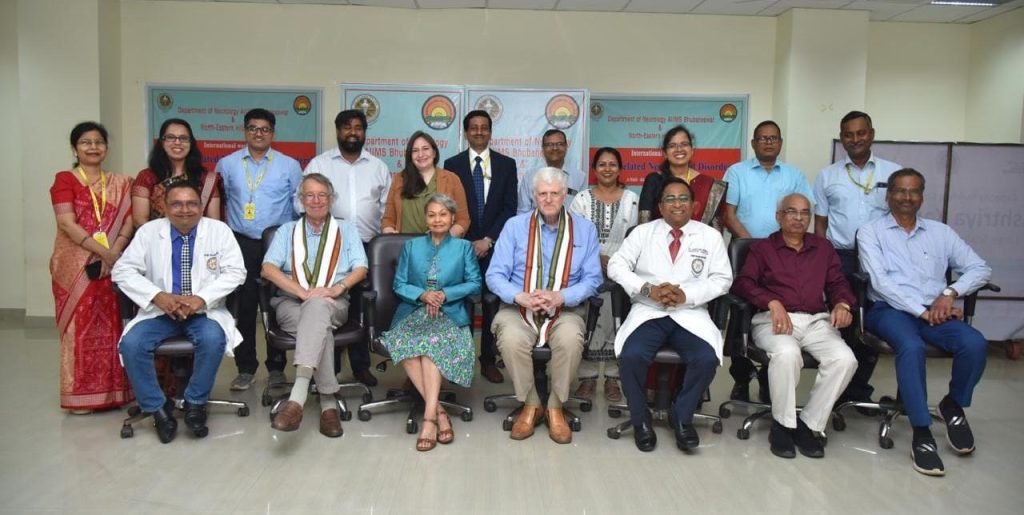Bhubaneswar: In a pioneering effort, AIIMS-Bhubaneswar has initiated research into the toxicological effects of cycad plants in Odisha, following alarming findings of the neurotoxin BMAA ( -N-methylamino-L-alanine) in local cycad species.
This comes as certain communities continue ancestral consumption of cycad products, such as ‘pitha’, raising concerns about potential links to neurological disorders. Cycads, ancient plants that have survived for over 300 million years, contain potent toxins including Cycacin, BMAA, and MAM (methylazoxymethanol).
Globally, studies have associated these toxins with debilitating neurodegenerative diseases such as Parkinsonism, motor neuron disease, and dementia, notably in regions like the Guam peninsula (USA) and the Kii peninsula (Japan), where cycads were traditionally consumed.
Also Read: Govt seeks experts’ help over open-heart surgeries
The current research at AIIMS-Bhubaneswar aims to determine whether similar health risks exist in Odisha, where local tribes continue using cycad seeds as part of traditional diets.
The initiative gained momentum through an international workshop titled “Cycad-Related Neurological Disorders: A Multi-Dimensional Approach to Its Remediation”, jointly organised by the Department of Neurology, AIIMS-Bhubaneswar, and North-Eastern Hill University (NEHU), Shillong.
World-renowned neuroscientists Prof. Peter S. Spencer and Prof. Valerie S. Palmer from Oregon Health & Science University shared insights from decades of research in Guam and Japan.
Other notable participants included Prof. Jacques Reis (University of Strasbourg, France), Dr Rajarshi Majumder and Dr Jessica Pasqua (UCLA, USA), as well as national experts such as Prof. Manjari Tripathi (AIIMS, New Delhi).
As a crucial component of the workshop, experts conducted field visits to the villages of Dhuannali in the Khordha district and Gangamunda, Suaginali of Kamakhyanagar in the Dhenkanal district.
In these areas, local tribal populations remain largely dependent on the Cycas plant (known locally as Veru; Odia name Aruguna) as a traditional food source. Prof. (Dr.) Ashutosh Biswas, Executive Director of AIIMS Bhubaneswar, lauded the initiative for pioneering research into Indian cycad species.
The research is being led by Prof. S. K. Barik (Dean, School of Life Sciences, NEHU) and Prof. Sanjeev Kumar Bhoi (HOD Neurology, AIIMS Bhubaneswar), with collaboration from medical experts including Prof. Dillip K. Parida and Dr Shakti Kanta Dash.
The workshop concluded with a commitment to a roadmap for translational research, community awareness, and interdisciplinary collaboration to understand and mitigate the health risks posed by cycad consumption in Odisha.
